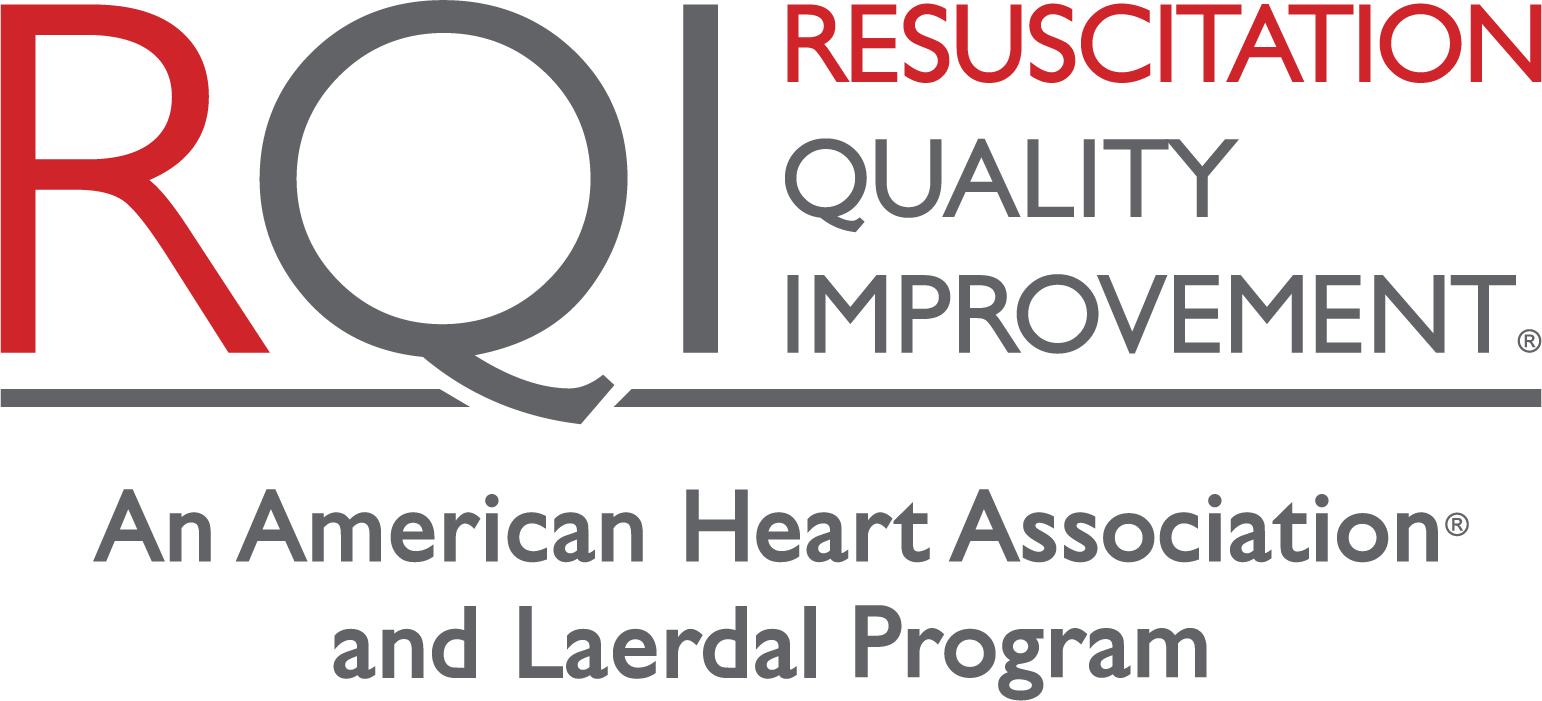The cognitive, knowledge-based portion of RQI is in a chunked, low-dose format with a diagnostic entry point. Learners must first demonstrate a foundation of knowledge before entering a perpetual learning environment. This model ensures that a learner has an initial foundation of knowledge prior to entering low-dose, high-frequency learning that leads to a deeper processing of knowledge into long-term memory via opportunities of repetition and retrieval. Every quarter, learners experience a continuous assessment of knowledge, feedback and debriefing in a high-stakes assessment of cognitive assessment activities (required to maintain eCredential).
Students demonstrated a lack of CPR knowledge via an exam with receiving CPR training one-year prior and showed a significant deterioration in CPR cognitive knowledge as early as 10 weeks following CPR training (Madden, 2005).
Key terms:
Diagnostic entry point = precourse self-assessment and the placement within Prep to receive foundation of knowledge or Entry if deemed ready/have a foundation of knowledge.
High-stakes assessment= a required passing score and each learner can repeat practice as many times as needed with targeted feedback/debriefing for deliberate practice + mastery learning.
A traditional 2-year program involves a mass training session, with one assessment of knowledge that is more reflective of short-term working memory. A traditional 1-2 day course does not take into account the cognitive load of knowledge and skill, nor the opportunity for memory consolidation post the initial learning event.
Per the AHA Scientific Statement on Resuscitation Education Science in 2018, the current massed approach to resuscitation training should be replaced or supplemented with a spaced practice ( Cheng et al, 2018).
While studies around the decay of retention in regard to resuscitation knowledge alone are more limited than with skills (showing decay within 3-6 months), it is important to keep in mind that skills are a higher taxonomy of knowledge + comprehension learning. Thus, cognitive learning is a foundation and support to learners achieving proficiency of demonstrating this knowledge via skills.
References
- Madden C. Undergraduate nursing students’ acquisition and retention of CPR knowledge and skills. Nurse Education Today. 2005; 26: 218-227. Doi 10.1016/j.nedt.2005.10.003
- Cheng A, Nadkarni VM, Mancini MB, et al. Resuscitation education science: educational strategies to improve outcomes from cardiac arrest. Circulation. 2018; 138:00-00. Doi: 10.1161/CIR.0000000000000583
